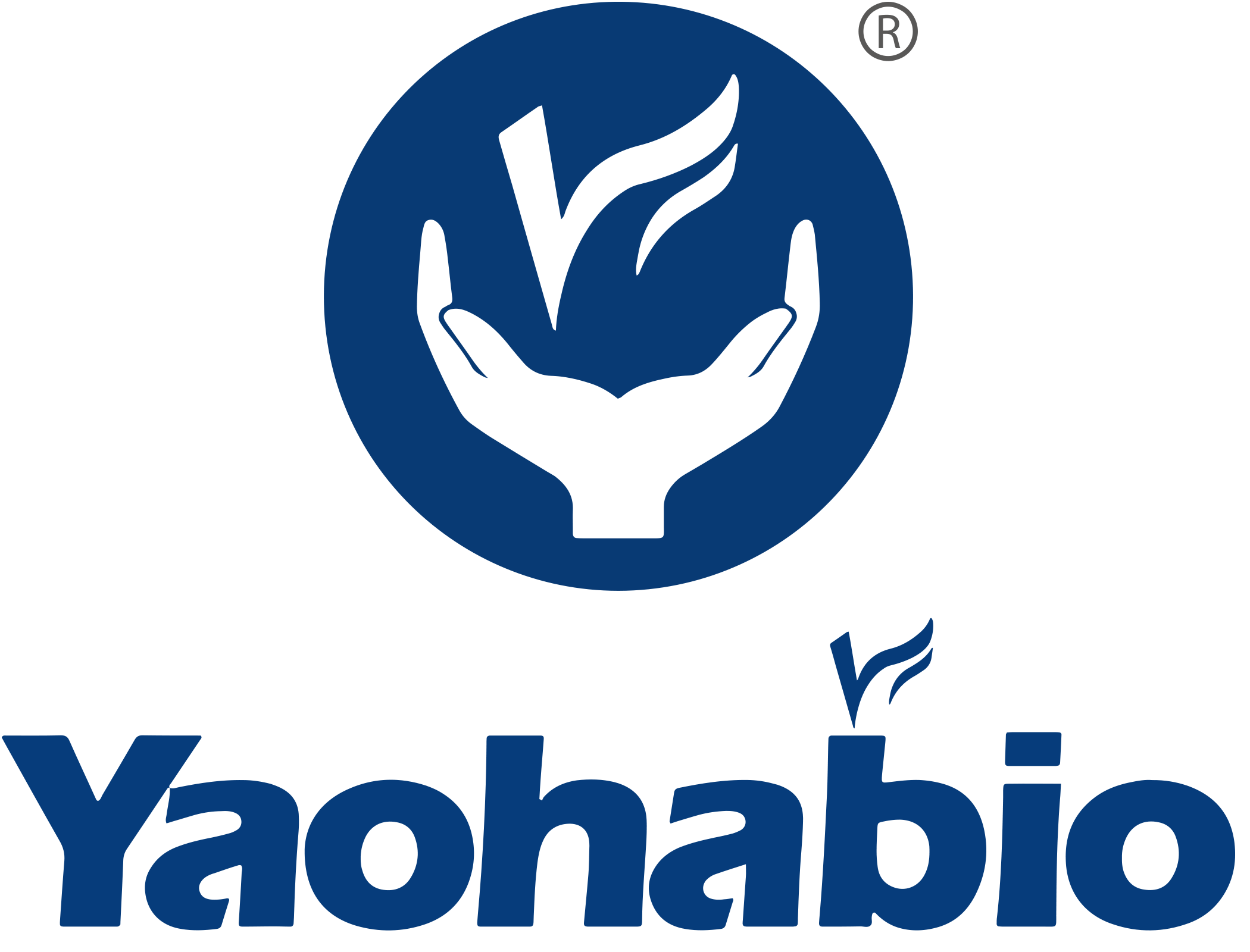As a common respiratory virus, respiratory syncytial virus (RSV) usually leads to mild, cold-like symptoms. Infants and the elderly infected with RSV are more likely to become seriously ill and require hospitalization.
RSV contains a genome in a helical nucleocapsid, which is surrounded by matrix protein and envelope glycoproteins. RSV is a member of the genus Orthopneumovirus in the family Pneumoviridae, whose member contains human RSV, bovine RSV, and murine pneumonia virus.
The attachment glycoprotein (G) and the fusion glycoprotein (F) are two major surface antigens, which perform important roles in viral attachment and the early stages of infection. Based on the G-glycoproteins’ differences, RSV can be divided into two major subgroups (A and B). During natural infection, the F and G proteins are also the main targets for neutralizing antibodies. Currently developed vaccines against RSV are mainly based on F and G proteins.
Development of RSV Vaccine
The development of RSV vaccines started in the 1960s. The candidate vaccine, formalin-inactivated RSV (FI-RSV), caused severe pneumonia in the first spontaneous RSV infection after FI-RSV vaccination. Doubts about the FI-RSV vaccine hampered vaccine development. In recent years, with the development of new vaccine strategies and a deep understanding of RSV antigens, a number of vaccines, containing those based on recombinant proteins and mRNA (messenger RNA), have been clinically developed or approved. The RSV vaccines in development are primarily based on the F or G proteins.
RSV F Protein-based Vaccine
In 2023, the FDA granted two recombinant RSV vaccines under the trade names Arexvy and Abrysvo. They are both produced in Chinese Hamster Ovary (CHO) cells. Arexvy, developed by GSK, provides a recombinant RSV glycoprotein F stabilized in a pre-fusion conformation (RSVPreF3). While Abrysvo, developed by Pfizer, comprises recombinant RSV PreF A and PreF B.
Other RSV vaccine technologies targeting F protein, such as Ad26.RSV.preF (Janssen) and mRNA-1345 (Moderna) are also currently in clinical trials.
RSV G Protein-based Vaccine
In addition to F proteins, another antigen, G protein, can also produce neutralizing antibodies. Focusing on the RSV G protein can deliver a broader protection against disease, including antiviral activity, inhibition of cellular infection, and anti-inflammatory activity. RSV vaccines based on G proteins include BARS13 (ADV110), which is developed by Advaccine and is in clinical development; ADV110 contains recombinant RSV G proteins produced in Escherichia coli (E. coli) and cyclosporine A adjuvant, and is currently in Phase II clinical trials in subjects aged 60-80 years.
Yaohai Bio-Pharma Offers One-Stop CDMO Solution for RSV Vaccine
Pipelines of RSV Vaccine
|
Generic Name
|
Brand Name/ Alternative Name
|
Expression System
|
Antigen
|
Manufacturer
|
Latest Stage
|
|
GSK-3844766A
|
Arexvy, RSV PreF3 vaccine
|
CHO cell
|
Respiratory syncytial virus (RSV) F protein
|
GSK Plc
|
Approval
|
|
PF-06928316
|
Abrysvo, RSVpreF
|
CHO cell
|
Pending Update
|
Pfizer Inc
|
Approval
|
|
Recombinant RSV vaccine
|
ResVax
|
Pending Update
|
Pending Update
|
Novavax
|
Phase III
|
|
Recombinant RSV vaccine
|
ADV110, BARS-13
|
E. coli
|
RSV G protein
|
Advaccine Biotechnology
|
Phase II
|
|
VN-0200
|
VAGA-9001a
|
Pending Update
|
VAGA-9001a antigen
|
Daiichi Sankyo
|
Phase II
|
|
RSV virus-like particle (VLP) vaccine
|
IVX-121
|
Pending Update
|
RSV pre-F protein
|
Icosavax
|
Phase II
|
|
JNJ-64213175
|
JNJ 6421317, RSV preF
|
Pending Update
|
RSV pre-F protein
|
Janssen, Johnson & Johnson
|
Phase I
|
|
RSV vaccine
|
V-306
|
Chemical synthesized
|
F site II protein mimetics (FsIIm) VLP
|
Virometix
|
Phase I
|
|
VRC-RSVRGP084-00-VP
|
DS-Cav1, VRC-RSVRGP084-00VP
|
CHO cell system
|
Pending Update
|
National Institute of Allergy and Infectious Diseases
|
Phase I
|
|
DPX-RSV
|
DepoVax, DPX-RSV
|
Pending Update
|
Pending Update
|
Japan IMV
|
Phase I
|
|
Recombinant RSV vaccine
|
Pending Update
|
Pending Update
|
Pending Update
|
Changchun BCHT Biotechnology
|
Pre-clinical
|

 EN
EN
 AR
AR
 HR
HR
 CS
CS
 DA
DA
 NL
NL
 FI
FI
 FR
FR
 DE
DE
 EL
EL
 IT
IT
 JA
JA
 KO
KO
 NO
NO
 PL
PL
 PT
PT
 RO
RO
 RU
RU
 ES
ES
 SV
SV
 IW
IW
 ID
ID
 LV
LV
 LT
LT
 SR
SR
 SK
SK
 SL
SL
 UK
UK
 VI
VI
 ET
ET
 HU
HU
 TH
TH
 TR
TR
 FA
FA
 AF
AF
 MS
MS
 BE
BE
 MK
MK
 UR
UR
 BN
BN

